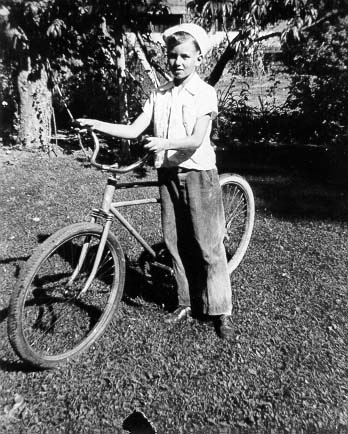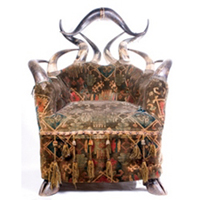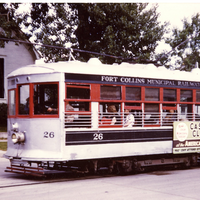The Junior Commandos: W.W.II As Seen by a Ten-Year Old Boy
The Junior Commandos: W.W.II As Seen by a Ten-Year Old Boy
Walter Winter
November 21, 1994
Interviewer: Jane Blandford
Wally was just ten years old that warm December day when he saw a kid riding down the street selling newspapers and hollering "Extra, Extra, Read all about it! Pearl Harbor bombed!" He was the youngest of seven children and was relieved that the war ended before he had to serve. His three older brothers served: two in the Navy and one in the Marines, and his big sister in California went from office work to being a "Rosie the Riveter."
Even the kids tried to do their part. "Myself and some of the other neighborhood kids called ourselves 'The Junior Commandos.' We had our little clubhouse and meeting . . . and made a real effort to collect whatever was not nailed down or tied down that was metal or rubber; it was going to the war effort . . . in summertime it was a daily ritual. Somebody might have said, 'those ornery kids down the block.'"
Wally remembers feeling hatred toward the Japanese and the Germans, even though his father was born in Germany. Once he saw a truckload of German prisoners who were being transported to work in the beet fields. He threw snowballs at them and they shook their fists at him. It worried young Wally to see so many Germans in the army trucks being guarded by only two American soldiers.
Air raid warnings also made an impression on Wally. They came once or twice a month. "The street lights, everything went off." Everybody had to shut off their lights or pull their shades or drapes tight so no light could be seen from the air. Happier memories of those days include watching for troop trains and airplanes. "In the summer time . ... . there'd be flights of bombers, fighters, whatever, going over, probably twice, three times a week. We would be laying on the lawn and looking and counting, get up to 50 sometimes, or 75 to 100 airplanes, B-17s. We got to where we knew all the planes."
He liked walking along with the Air Force men who were in training in Ft. Collins, living at the Northern Hotel and going to school at CSU. "This one guy gave me a patch, an Air Force insignia." He wore it on his jacket proudly, until his brother came home from the marines and gave him "a good one."
The troop trains provided Wally with opportunities to earn some spending money. The soldiers on board would ask Wally and other kids to mail letters for them or fetch cigarettes. He'd race to Pearcy's Newsstand where he'd have no trouble buying cigarettes "for the soldiers," run back across the field and throw his purchases through the train windows. The men would flip him quarters and even fifty cent pieces. "Wow, what a racket," he thought, but felt proud to help, especially to mail the servicemen's letters. Once he was rewarded for his efforts with a salami from the cooks' car. The salami was much appreciated by his parents, for with rationing of food and other essential products, families often had to go without special treats.
The Winter family's front window proudly displayed three stars, one for each of their sons in the service. Fortunately none were replaced with the gold star, indicating a death. Wally's mother kept a scrapbook on the Larimer County men who served during the war. It contains sad reminders of men who were killed, missing or captured, as well as pictures, a ration book, and letters from his brothers on "V-Mail." A copy may be viewed in the Local History Archive.


Preserving the history of Fort Collins, Colorado & the Cache la Poudre region






